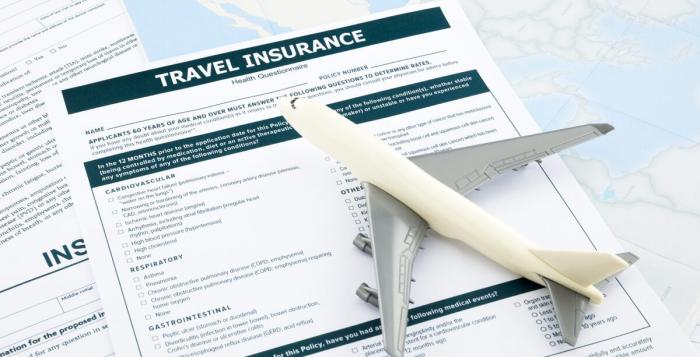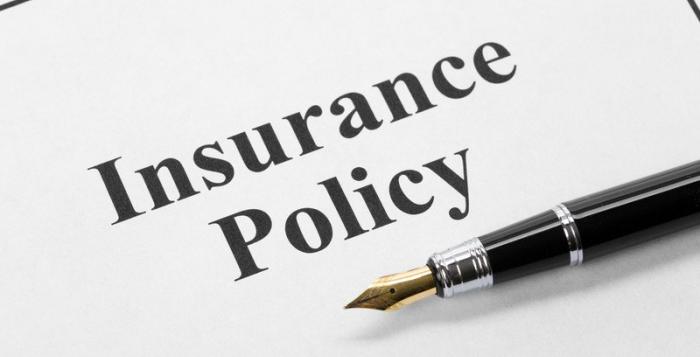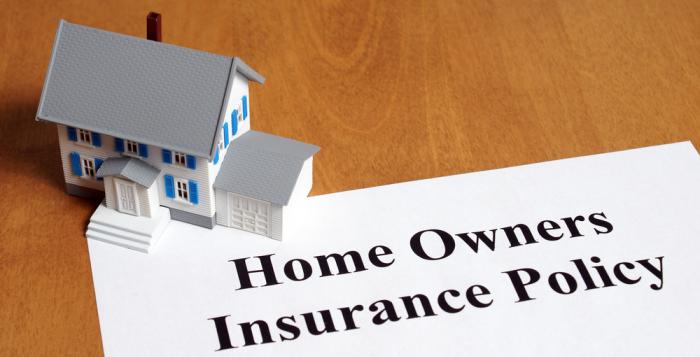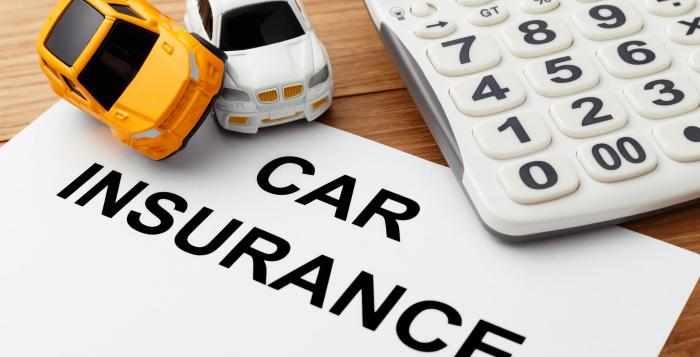Insurance premiums can be a significant part of your monthly expenses, but there are strategies to lower these costs without sacrificing essential coverage. Whether you’re insuring your home, car, or health, maintaining the right balance between affordability and adequate protection is key. In this article, we will explore practical tips on how to lower your insurance premiums while still ensuring you have the coverage you need.
1. Increase Your Deductible
One of the easiest ways to reduce your insurance premium is by opting for a higher deductible. The deductible is the amount you pay out-of-pocket before your insurance kicks in to cover a claim.
- Higher deductible: Increasing your deductible can significantly lower your monthly or annual premium. For example, if you raise the deductible on your auto insurance from $500 to $1,000, you could see a reduction in your premium.
- Caution: Be sure that you have enough savings set aside to cover the higher deductible in case you need to file a claim.
2. Bundle Your Policies
Many insurance companies offer discounts when you purchase multiple types of insurance from them, such as combining auto and home insurance into a single policy.
- Multi-policy discount: Bundling your policies not only simplifies management but can also lead to significant savings. You could save up to 25% or more by bundling multiple coverages.
- Shop around: Even though bundling can save money, it’s still important to compare rates from different insurers to make sure you're getting the best deal.

3. Take Advantage of Discounts
Insurance companies often provide various discounts that can help you lower your premium without compromising on coverage. These discounts are typically based on factors like your driving habits, safety measures in your home, or even your professional affiliations.
- Safe driver discount: If you have a clean driving record or have taken defensive driving courses, you might qualify for a discount on your car insurance.
- Home safety features: Installing security systems, smoke detectors, and fire alarms in your home can lower your homeowners' insurance premiums.
- Good student discount: For younger drivers, maintaining good grades can lead to discounts on auto insurance.
4. Improve Your Credit Score
In many places, insurance companies use your credit score to help determine your insurance rates. A higher credit score can result in lower premiums because it signals to insurers that you’re less of a financial risk.
- Monitor your credit: Regularly check your credit report for errors and ensure you are paying bills on time.
- Pay down debt: Reducing your overall debt can also improve your credit score, leading to more favorable insurance rates.
5. Review and Update Your Coverage Regularly
As your life circumstances change, your insurance needs may change as well. Periodically reviewing your policy ensures that you aren’t paying for coverage you no longer need.
- Adjust coverage levels: For example, if your car is older, you may not need comprehensive coverage. Removing unnecessary coverage can significantly lower your premium.
- Home value reassessment: If you've made improvements to your home, you may need to update your homeowners insurance, but at the same time, you may be eligible for discounts if you've added safety features.
6. Use Pay-Per-Mile or Usage-Based Insurance
Some insurance companies offer pay-per-mile or usage-based insurance, which can be a great way to save if you don’t drive much or have safe driving habits.
- Telematics programs: Usage-based insurance programs track your driving habits through an app or a device installed in your car. Safe driving habits like avoiding hard braking and driving fewer miles can earn you discounts.
- Low-mileage discounts: If you don’t drive often, consider a pay-per-mile insurance plan, which could offer a lower premium based on the number of miles you drive.
7. Shop Around for Better Rates
It’s always a good idea to shop around and get quotes from multiple insurance companies. Rates can vary significantly between providers, and switching insurers could lead to substantial savings without losing coverage.
- Compare quotes: Use online comparison tools to get quotes from different insurers for the same coverage. This ensures you're getting the best deal.
- Review every year: Insurance rates change over time, so reviewing your policy annually and comparing it with other options can help you find better rates.
8. Maintain a Good Driving Record
For auto insurance, a clean driving record is one of the best ways to keep your premiums low. Avoiding accidents and traffic violations makes you a low-risk driver in the eyes of insurers.
- Drive safely: By following traffic laws and driving cautiously, you can avoid tickets and accidents, both of which can cause your premiums to spike.
- Accident forgiveness: Some insurers offer accident forgiveness programs that prevent your first at-fault accident from increasing your premiums.
9. Take Advantage of Group Insurance Plans
If you’re part of a professional organization, alumni group, or even certain credit unions, you may be eligible for group insurance rates, which can be cheaper than individual policies.
- Professional discounts: Some insurers offer discounts for teachers, engineers, healthcare professionals, and other specific groups.
- Employer plans: Check if your employer offers group insurance as part of your benefits package, which can often come at a reduced cost.
10. Limit Unnecessary Claims
Filing too many claims, even for small incidents, can lead to an increase in your premiums over time. Sometimes it’s better to pay for minor damages out-of-pocket rather than risk higher premiums due to frequent claims.
- Minor incidents: If the repair cost is close to your deductible, it may be worth paying out-of-pocket rather than filing a claim.
- No-claims discounts: Many insurance companies offer discounts if you haven’t filed a claim in a certain number of years. Maintaining a clean claims record can save you money in the long run.
11. Opt for Safety and Security Features
For both car and home insurance, adding safety features can reduce your risk of claims, which in turn lowers your premiums.
- Auto safety: Installing anti-theft devices, airbags, and advanced safety features in your car can lead to lower premiums.
- Home security: Upgrading your home’s security with systems such as burglar alarms and cameras can reduce your homeowners' insurance costs.

Lowering your insurance premiums without losing coverage is possible with a strategic approach. By increasing your deductible, taking advantage of discounts, improving your credit score, and shopping around, you can reduce your monthly expenses while still maintaining the right level of protection. Always review your insurance policy regularly to ensure you’re not paying for unnecessary coverage, and don’t hesitate to switch insurers if a better deal is available.

.jpg)









